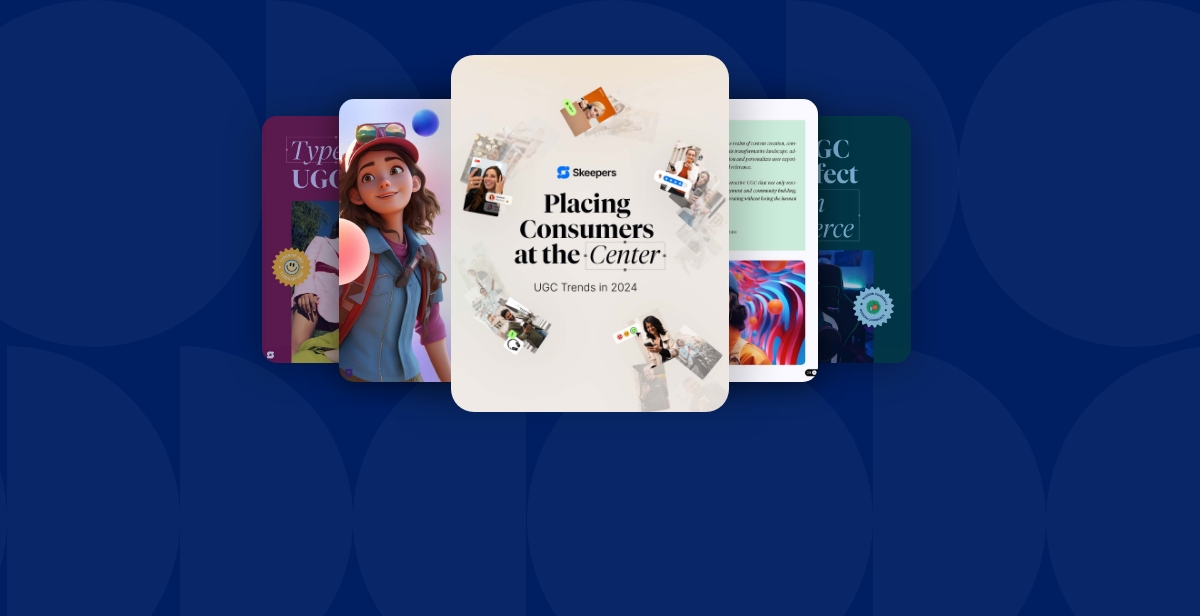Customer satisfaction measures the difference between a customer’s expectations and his or her actual experience with your business. If the experience you deliver is truly positive and exceeds those expectations, you are likely to generate customer loyalty, goodwill, and the perception of excellent value. To ensure a positive customer experience, you must begin by asking...
Customer satisfaction measures the difference between a customer’s expectations and his or her actual experience with your business. If the experience you deliver is truly positive and exceeds those expectations, you are likely to generate customer loyalty, goodwill, and the perception of excellent value.
To ensure a positive customer experience, you must begin by asking three basic questions:
- What do my customers want?
- What do they need?
- What are their expectations from my product, service, or brand?
And, as simple as it sounds, the best way to answer these questions is to just ask your customers what they think. All savvy businesses know that customer insights are invaluable to product and service design as well as continued improvements to the customer experience. In fact, according to one 2014 study, 84% of companies already had or planned to increase their focus on customer experience measurements and metrics so as to ensure continuous, superior customer service.
Your Business is Probably Failing Because…
Customers want to believe that your concern for them goes beyond getting into their wallets. Marketing Land reports findings from one study in which more than half of the respondents admitted they would have no problem leaving a company if it appeared to be indifferent to their needs. Businesses which do little to nothing to demonstrate authentic concern for the customer will experience weaker customer relationships, worse retention, and fewer referrals.
More than ever before, businesses are more likely to suffer if they don’t align their offerings with their customers’ expectations. One industry observer has even called customer experience “the new battlefield” because, ready it or not, we live in the age of the customer. A recent Accenture study highlights this fact, demonstrating that improving overall customer experience is, without question, the top business priority for companies and the main driver behind their 2016 business development goals. In fact, 28% of global digital companies are already taking steps to differentiate through customer experience.
These businesses have wisely figured out that it’s in their own best interest to reduce barriers for customers to provide feedback. Like it or not, customers are already sharing via social their opinions about you: what they like, dislike, why they stay, and why they leave. And people are relying on these opinions when making the buying decision; Search Engine Land reports that 88% of consumers trust those online reviews as much as personal recommendations. If customers are already going to talk about you, you might as well as use their insights to your advantage.
Gathering insights via automated email, mobile, or onsite surveys the moment a user hits a friction point has enormous benefits. From a customer’s perspective, they feel heard, which can turn a negative situation into a positive one before they go social with their complaints. And for you, real-time feedback is often more complete and can help you better understand what you’ve been doing wrong and how you can incorporate changes to improve your service.
Don’t Ignore Your Customer
Of course, there are many different aspects which contribute to customer satisfaction. These includes:
- Educating customers so that they know how to get the most from your service or product, and designing services that are easy to use and access.
- Building a rapport with customers to make them feel valued and like their needs are important, so that they develop an attachment to your business.
- Dealing with any problems or complaints promptly and making sure customers know the outcome.
- Making sure customers have had a satisfactory experience and offering other potentially relevant services to extend the customer relationship.
If a customer wants to give feedback with regards to any of these areas, let them. And embrace it. They will provide you with a goldmine of insights. Listening and acting on their feedback is the only way you are going to make lasting and necessary changes to improve your business customer service. The more ways you find to demonstrate that you understand your customers’ needs, the stronger your customer relationships will be.
In the age of the customer, competition is fierce and it’s getting harder and harder to attract and keep customers. Get focused and design your business to deliver exceptional, personalized experiences. Customer feedback is the key to providing this strategic advantage to your organization.








